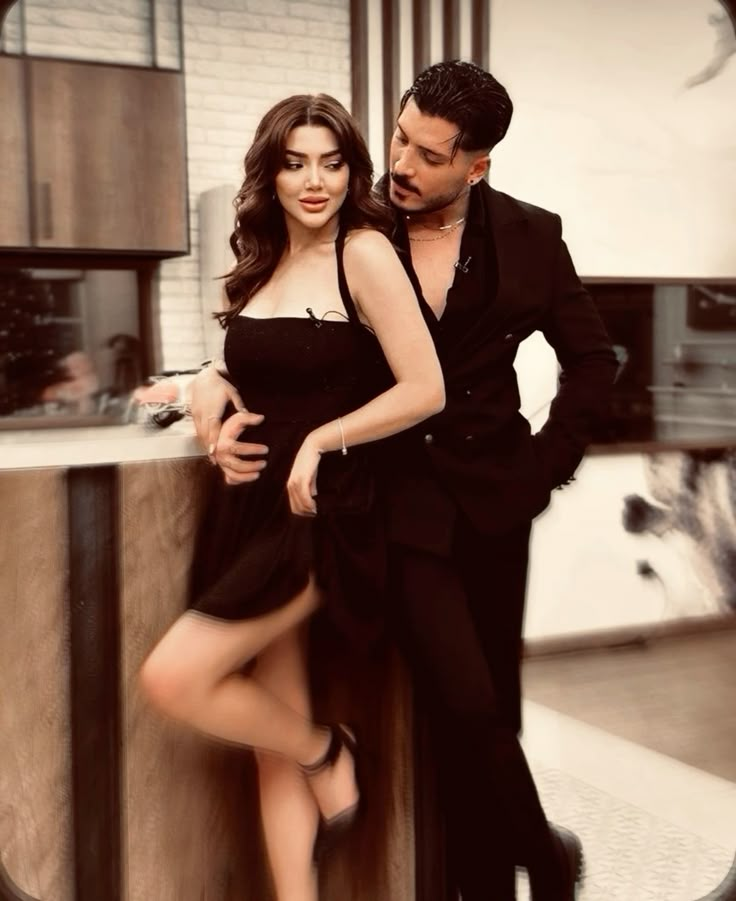The first time I met Joseph was in a camp in Goma.
At that time, the situation in eastern Congo (DRC) was chaotic.
Militants, driven by the scramble for mineral resources and ethnic conflicts, frequently attacked villages. Hundreds of thousands of people were forced to flee their homes, seeking refuge in larger cities.
When I arrived at the refugee camp, a few doctors were treating a little girl.
She had been injured in an explosion, with a small pebble embedded in her ear. She cried in pain and struggled violently, making the doctors hesitant to proceed.
Someone called out, “Joseph!”
A tall man responded and stepped forward.
He examined the situation and surprisingly pulled out a few playing cards from his white coat, performing a magic trick on the spot.
The little girl was quickly captivated and stopped struggling, giving the doctors an opportunity to act.
When the pebble finally fell into the tray with a “clang,” the cards in Joseph’s hand had disappeared, replaced by an African violet.
The little girl stared wide–eyed in amazement and tugged on his sleeve, trying to find the vanished cards,
but to no avail.
She clapped her hands in delight, pulling at her parents‘ clothes as she squealed with joy.
Joseph handed the flower to the girl and escorted her grateful parents out of the medical tent.
The scene was so unique that I couldn’t resist taking a photo on my phone.
The clicking sound of the camera caught his attention. He turned around, slightly surprised, and asked in French, “New faces are rare here. Where are you from?”
“Country A,” I replied.
His eyes lit up, and he switched to Chinese, introducing himself: “I’m Joseph, currently stationed in Goma.”
Curious, I asked, “Where did you get that flower?”
– Fiancé’s Lingeri
34.0%
Chapter 8
Fresh flowers were a rarity in the camp.
He smiled proudly. “I grew it! Want to see?”
Following him to his quarters, I discovered a small garden he had created using scavenged foam boxes, plastic bottles, and broken tiles.
The garden was home to the African violet, agapanthus, tropical orchids, and Congo azaleas…
“Why grow these?” I asked.
Casually propping his legs on the table, he answered confidently, “Because flowers make people happy.”
I was puzzled.
Sensing my confusion, he chuckled and explained, “You probably think food, clean water, and medicine are more important to them, and flowers are just impractical luxuries, right?”
I nodded.
With a gentle but firm tone, he said, “Here, everything pushes people to forget beauty, but flowers help them remember they’re alive, that there’s still something worth looking forward to.
“And when there’s hope, there’s life.”
As he spoke, a confident smile spread across his face, and he winked at me. “That’s why flowers matter.”
His optimism and passion were like a beam of light, striking a chord deep within me.
I found myself unable to look away from his lively, carefree demeanor.
In the entire camp, only Joseph and I were from Country A, so we naturally became allies.
Contrary to my first impression, Joseph was incredibly dedicated to his work.
He provided me with extensive data on casualties and patient treatments and even assisted me in completing my first–ever surgery–successfully delivering a baby for a woman in labor.
Later, he noticed an unusually high mortality rate among AIDS patients in the camp.
“We’ve distributed antiretroviral drugs, but they’re still dying in droves…”
“That doesn’t make sense unless they’re not taking the medication.”
I volunteered, “Let me investigate.”
34.3%
Chapter 8
After visiting numerous refugees, I discovered that almost all the freely distributed medication, not just the antiretrovirals, was ending up on the black market.
Drug dealers could exchange a bag of moldy cornmeal for those life–saving pills because the refugees needed food more urgently to keep their families alive.
Joseph and I risked our lives to report the issue to the United Nations, which sparked an uproar in the
international media.
The UN World Food Programme quickly mobilized resources.
When the relief convoy finally arrived, an unprecedented cheer erupted throughout the camp.
We worked tirelessly to treat infectious disease patients and distribute food until we were utterly
exhausted.
After handing the last sack of potatoes to a mother holding her baby, Joseph and I slumped against the
side of a truck.
He turned to me, his smile as radiant as the sun.
“Zoey, thank you.”
“Thank me for what?”
“Before you came, I could only stand by helplessly, watching them suffer.
“You made me see purpose and helped the world see them and us.”
At that moment, his words were like pebbles tossed into a lake, creating ripples in my heart.
I sat there frozen, my ears burning, fumbling with my hair to hide my emotions.
But my heart had never been more certain of his presence.
34.6%
Chapter 9
Chapter 9









 Author Trophies
Author Trophies Win Big!
Win Big!